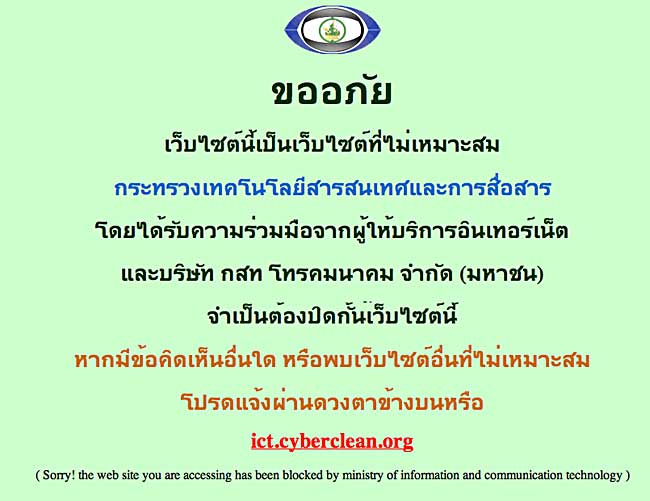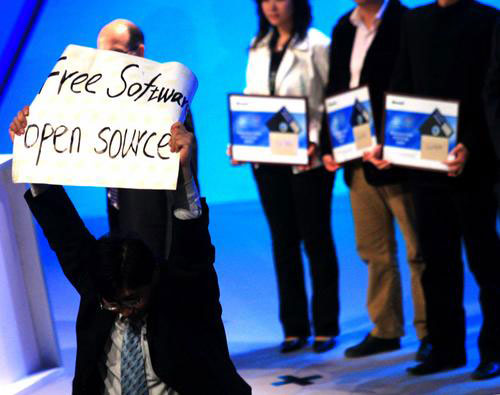Tech Review has an interesting interview with John Palfrey of the Berkman Center. Preface to the interview reads:
The Burmese government’s recent shutdown of the country’s Internet connections amid pro-democracy protests was a new low for what is already one of the most censorious nations in the world. Earlier this year, the OpenNet Initiative–a collaboration among researchers at Harvard, Oxford, Cambridge, and the University of Toronto–found that the nation’s rulers blocked 85 percent of e-mail service providers and nearly all political-opposition and pro-democracy sites. (See “Internet Increasingly Censored.”) All this in a nation in which less than 1 percent of citizens have Internet access in the first place.
Last week–after images of the beatings of Buddhist monks and the killing of a Japanese photographer leaked out via the Internet–Burma’s military rulers took the ultimate step, apparently physically disconnecting primary telecommunications cables in two major cities, in a drastic effort to stop the flow of information from Burma to the rest of the world. It didn’t completely work: some bloggers apparently used satellite links or cellular phone services to get information outside the country.
One chilling exchange in the interview goes:
TR: How does this shutdown compare with other state-controlled actions you’ve documented?
JP: I’ve never seen anything like this cutoff to the Internet at such a broad scale so crudely and completely. They’ve taken the nuclear-bomb approach. We’ve witnessed what appear to be denial-of-service-type attacks during elections, for instance, but nothing so large-scale like this shutdown. Still, information has leaked out. So the military junta has found that given the many roots to the global telecommunications infrastructure, it’s very hard to cut off a place entirely.
So much for John Perry Barlow’s utopian dreams — to which (full disclosure) I once also subscribed. Sigh.


